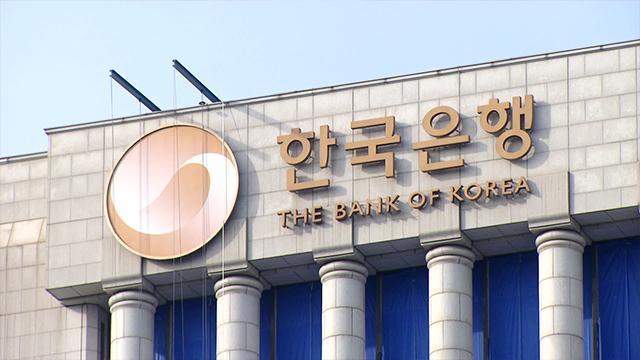
SEOUL, June 05 (AJP) - South Korea’s economy contracted in the first quarter of 2025, ending two consecutive quarters of modest growth.
This reflects ongoing weakness in domestic demand and construction investment, according to revised figures released Thursday by the Bank of Korea.
Gross domestic product fell 0.2 percent from the previous quarter, matching preliminary estimates. The decline followed 0.1 percent expansions in both the third and fourth quarters of 2024.
The central bank said the revised data incorporated updated information unavailable during the initial calculation. Some components were adjusted upward, including equipment investment, which was revised up by 1.7 percentage points, and exports, which increased by 0.5 percentage points. Imports were also revised upward by 0.9 percentage points.
Despite the revisions, domestic demand remained a drag on growth.
Construction investment alone subtracted 0.4 percentage points from GDP and has now declined for four consecutive quarters, underscoring persistent fragility in the sector.
Private consumption also fell, shaving 0.1 percentage points off overall growth. In total, domestic demand reduced GDP by 0.5 percentage points for the quarter.
Still, the broader income picture showed modest improvement. Real gross national income (GNI) rose 0.1 percent quarter-on-quarter, buoyed by increased earnings from overseas investments.
Net factor income from abroad — the difference between income earned by South Koreans from foreign sources and that paid to foreign investors — rose sharply to 13 trillion won ($9.5 billion), up from 8.9 trillion won in the final quarter of 2024. It was the third consecutive quarter of GNI growth.
For the full year 2024, per capita GNI reached $36,745, a 1.5 percent increase from the previous year and the third straight annual rise since 2022.
The GDP deflator — a broad measure of inflation — rose 2.4 percent year-on-year in the first quarter, while the gross savings rate fell to 34.9 percent, down 0.4 percentage points from the previous quarter.
The data suggest that while external income streams have helped cushion the economy, structural weaknesses in construction and tepid domestic consumption continue to weigh on South Korea’s post-pandemic recovery.
Copyright ⓒ Aju Press All rights reserved.

